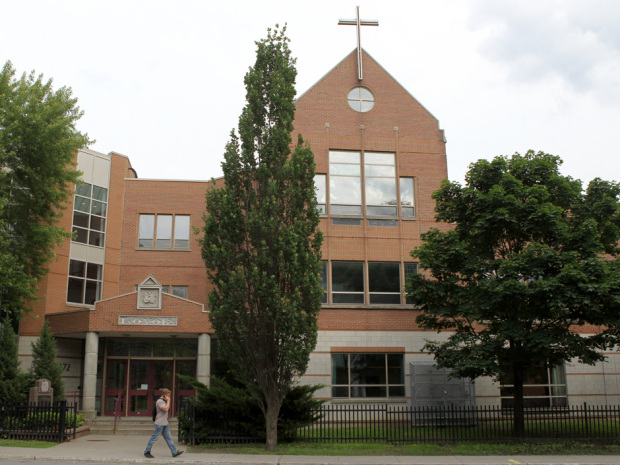
Canadian Supreme Court: religious relativism required?
On March 24, 2014, the Canadian Supreme Court heard the important case of Loyola High School, a Catholic school in Quebec.
The province of Quebec over the past decades has been transformed from a markedly Catholic society to a religiously diverse society with a markedly secularist public square. To promote tolerance and mutual respect, the government developed an Ethics and Religious Culture program which, in the view of many religious observers, teaches the equal truth (or the equal truthlessness) of all religions–and made it mandatory in all schools, including private schools such as Loyola. Loyola sought an exemption, asking to be able to continue to teach its own world religions and ethnics course. But that course is taught (no surprise!) from a Catholic perspective, and the province deemed it unacceptable. Now the case is before the Canadian high court.
One key issue: do institutions under the Canadian constitution have religious rights at all, or is religious freedom restricted to individual persons?
The issues at stake and the key arguments of the 11 outside organizations granted the right to speak to the Court (“interveners”) are summarized in a Cardus publication. Among other noteworthy points:
* The World Sikh Organization of Canada noted: the idea that an institution has no religious freedom “would improperly limit the scope of religious freedom to the internal forum of the minds of isolated individuals. This would deny that religion is lived internally and externally, individually and collectively, and through institutions.”
* The Christian Legal Fellowship pointed out that the required religion and ethics program must considered to be indoctrination, not simple instruction. The introduction to the course says this:
“The knowledge we will acquire and the discussions we will have during the school year may give you the impression that there is no ABSOLUTE RIGHT or WRONG, but rather that there is a relative right and wrong for each INDIVIDUAL and for each SOCIETY. It is sometimes upsetting to live in a world where no absolute TRUTH seems to exist. But don’t worry. What is important is to know yourself better by acquiring reliable ethical judgment, and to live in peace with those around you.”
Is this what governments can legitimately teach and legitimately require private organizations to parrot? Despite the Quebec government’s assurances, many people of faith (and many others) may in fact be plenty worried.
